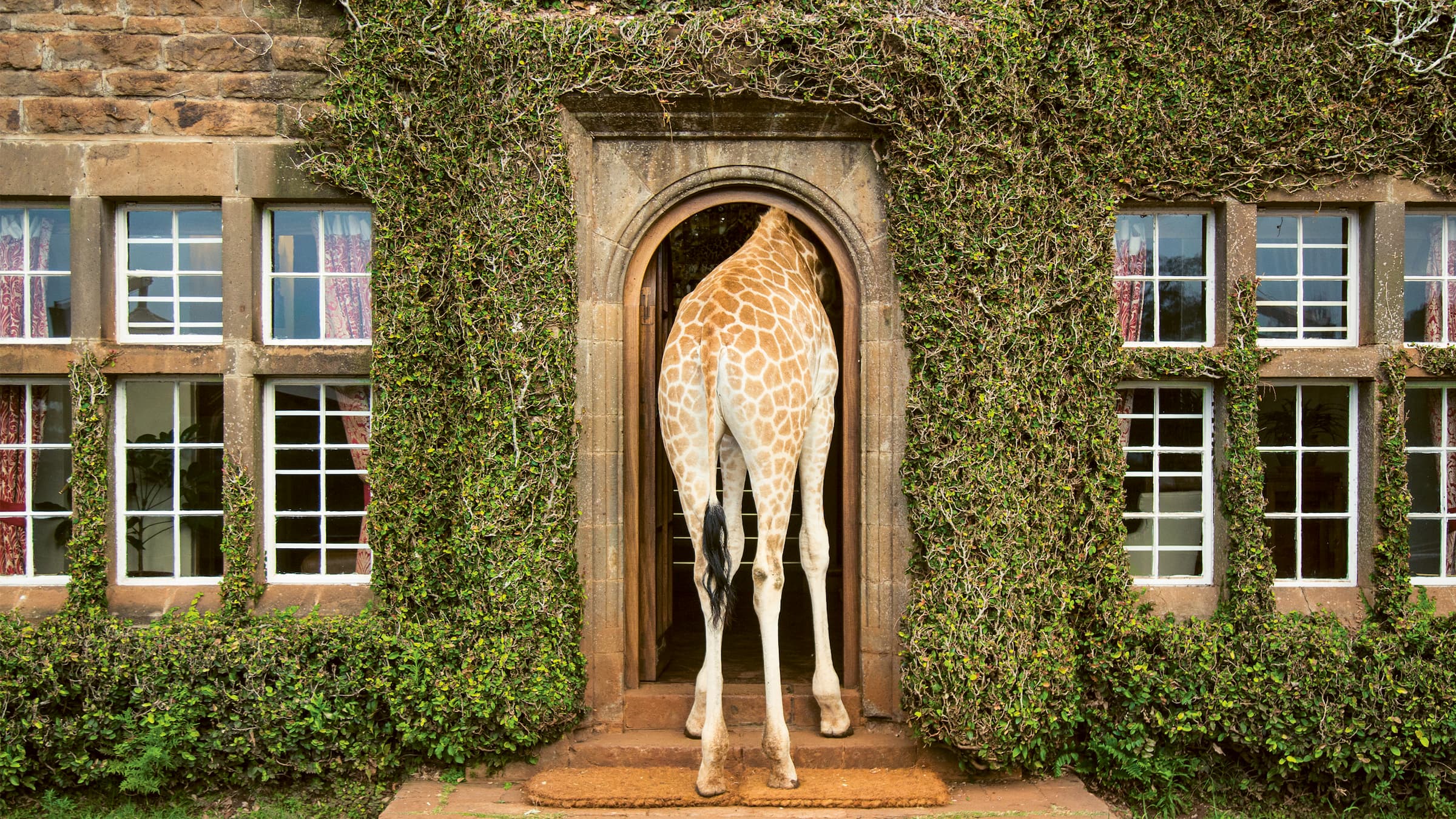How Natasha Cloud ’15 Is Using Sports as a Model for Social Change
During a recent talk at Saint Joseph’s, Natasha Cloud ’15 discussed how she’s using her platform as an WNBA star to combat gun violence and other social problems.
Natasha Cloud ’15 had just finished reading to students at Hendley Elementary School in Southeast Washington, D.C., one day last June when she learned that, in the previous month, a bullet had struck the school building on three separate occasions. On her way home, the Washington Mystics guard took to her Instagram to express her frustration directly to D.C. Mayor Muriel Bowser and Ward 8 Councilmember Trayon White.
“When you’re talking about changing a culture, when you’re talking about ending a cycle, when you’re talking about empowering our youth … it starts with their education,” Cloud told her followers. “And our kids can’t even feel safe to go to school right now? We gotta do better for our community.”
Cloud demanded a plan to curb gun violence in the neighborhood, where the Mystics had recently built an arena. To show her passion, she rallied her team to institute a media blackout at the next day’s game against defending WNBA champions, the Seattle Storm. Instead of answering questions about the much-hyped match-up before and after the game, the Mystics would only talk to the media about gun violence.
Returning to her alma mater as a guest in the Sport for Social Change and Social Justice speaker series on Feb. 4, the eve of National Girls and Women in Sports Day, Cloud said that she felt a sense of duty to act.
“God gave me a platform” as a WNBA star, Cloud said. “If I see something wrong and I don’t speak up, I’m doing a disservice to others.”
In a conversation with Stephanie Tryce, J.D., assistant professor of marketing, Cloud, who won the 2019 WNBA championship with the Mystics, told an audience of students, faculty and staff about the power of sports to break down social barriers and be a model for change.
A biracial child raised by two white parents and surrounded by white siblings, Cloud said that she didn’t think much about her racial identity growing up. But as she got older, she started to notice that while her family loved her for who she was, society saw her differently from her siblings.
“I was 10 when I realized that my life was going to be different from my siblings,” she said. “I was a ‘gray area’ kid: not black enough for some people, but not white enough for others. Sports was my escape from that. It was a safe space where I could be for a little while.”
By the time she entered college, basketball had given her a community of women who looked like her that she could identify with and allowed her to be proud to be biracial. Her comfort inspired her talent to shine through: While at Saint Joseph’s, Cloud led the team to two appearances in the NCAA tournament, two Philadelphia Big Five titles and the 2013 Atlantic 10 championship. She was the first Hawk to be drafted to the WNBA since Susan Moran in 2002.
“God gave me a platform .... If I see something wrong and I don’t speak up, I’m doing a disservice to others.”
Natasha Cloud '15
Since she arrived in the league, Cloud has used her growing platform to advocate for an increasing number of issues, among them fair pay for her fellow WNBA players. The league and players’ association recently reached an agreement that, for the first time, increased the average player salary into six figures. Cloud, who had played in Turkey during the WNBA offseason, says that fair pay can keep players closer to home.
“We were never asking to make the same salary as Lebron James, just enough to no have to play overseas to make a decent living,” Cloud said in a phone interview. “We wanted the league in invest in us as players.”
Cloud is also an outspoken advocate of “attention equity.” In September 2018, she called out a D.C.-area restaurant for not dedicating one of its televisions to the WNBA Finals, even when her family requested to be able to watch her play. The restaurant apologized and later hosted a rally for fans.
“For some reason, there’s a barrier for a lot of people in watching professional women’s sports,” Cloud said. “But if they watch the game, and they see what women in sports can do, it breaks that barrier down. And increased viewership can lead to more opportunities for sponsorships, which strengthens the league and players.”
Cloud notes that, in some cases, other professional leagues failed to show support for player advocacy, pointing to the fact that Colin Kaepernick, the first figurehead of the NFL’s “Black Lives Matter” protests, has been effectively shut out of the league, making other players hesitant to use their voice. By contrast, she says that the WNBA support of advocacy helps her and her fellow players feel comfortable speaking out when they are passionate about an issue.
“The league realizes that it’s built of 147 strong, independent, powerful women,” she said. “They jump right on board when we speak up. When I spoke out against gun violence and instituted the media blackout, they league and the Mystics’ ownership group didn’t shy away. They asked how they could help.”
The league’s supportive attitude has been especially empowering for LGBT athletes. The WNBA is home to more publicly out players than any American professional sport, and LGBT players are far from the fringe: eight of 23 participants in the 2019 All-Star game were out. Cloud, who identifies as bisexual and is engaged to professional softball player Aleshia Ocasio, said that the league was a safe haven for all of its stars.
“It’s a step beyond acceptance,” she said. “The league provides a safe place for you to be yourself. You feel respected and embraced.”
For her commitment to social justice, Cloud was named the recipient of the WNBA’s 2019 Dawn Staley Community Leadership Award. During her talk on campus, Cloud said that the award affirms the values she grew up with and aligned with at Saint Joseph’s.
“[The award] means more to me than any championship or individual accolade,” she said. “It means that I’m part of something greater than myself and that I’m making an impact on my community.”
Cloud will continue to advocate for social justice, especially gun reform, in Washington, D.C. But she also hopes to bring her efforts home to the Philadelphia region.
“Gun violence isn’t a D.C.-only problem,” she said. “It’s a national problem. I want to see how I can impact those conversations in Philadelphia and other places.”








